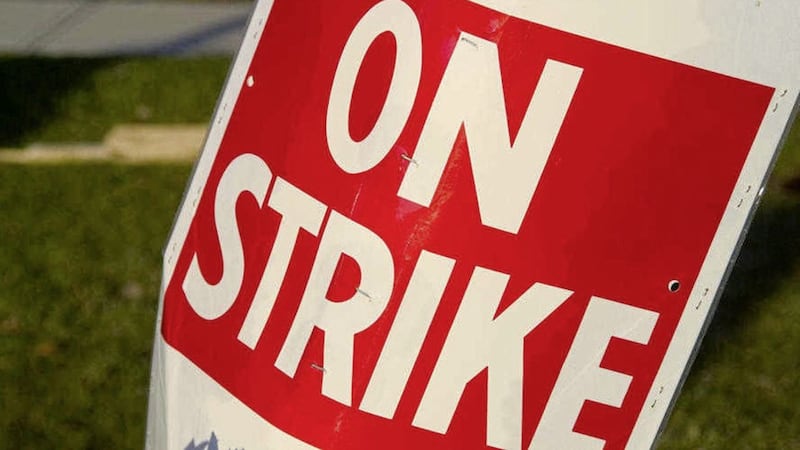THERE’S an in-joke between staff at the Labour Relations Agency that LRA stood for the ‘Last Resort Agency’.
It’s a joke with a jag, as we’re so much more than a dispute resolver. But, given the times we live in, we’re being asked to pivot one day towards economic development, and the next to salvage an industrial relations climate harmed by strike action.
The Labour Relations Agency has a unique insight into the world of work in Northern Ireland because all we do is work. Not literally of course, but we do know how work and people have changed over the last two years, and it’s a permanent shift in both mind-set and attitude brought about by a unique conflation of circumstance.
Very often we hear the term ‘a perfect storm’ being bandied around without any real meaningful context, but as we stand on the cusp of summer 2022, we are literally in the eye of a perfect economic and political storm.
In no particular order - double digit inflation, the war in Ukraine, pandemic related shortages, Brexit, the Protocol and a cost-of-living crisis are phrases and expressions that are now part of our daily discourse, not just at home but in work. It’s just like the 1970s - yet not.
There’s been a marked increase in industrial unrest, regardless of sector, and it’s building momentum as we head into a summer of discontent. This manifests itself, not just collectively, but individually, with more and more employees having a new post-pandemic perspective on working life, its value and its priorities.
Whilst people may not be aware of a great resignation occurring before their eyes they do see things being questioned more than ever. Why do I need to return to the office? Why can’t my wage demand meet inflation levels? Why don’t we have a flex-from-first policy? What is our menopause policy? How do we address domestic violence as a workplace issue?
Many employers are now realising that their social wage outlook in the past has not been broad enough and that it goes beyond sound-bites and straplines on a flashy website. Talent will vote with its feet and new employees are looking at the whole offering that an existing or prospective employer has. Beyond salary, potential employees want to know what employers are doing about the environment and sustainability. They’re also alive to “green-washing” and lip-service commitments.
There’s little doubt that in the eye of this storm people are re-assessing what good work means to them. Of course it’s about money and ability to pay bills, but it’s so much more. The days of simply playing the percentages are gone and we are firmly into the holistic employment offering shaped by new perspectives and expectations.
Look at it this way – we spend a lot of time asleep, so we need a good bed. We spend a lot of time on our feet, so we need good shoes. And we spend a lot of time at our jobs, so we need good work. “What is good work?” I hear you ask. Well, that’s another story altogether.
:: Mark McAllister is director of employment relations at Labour Relations Agency NI







